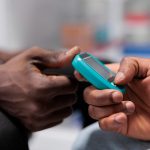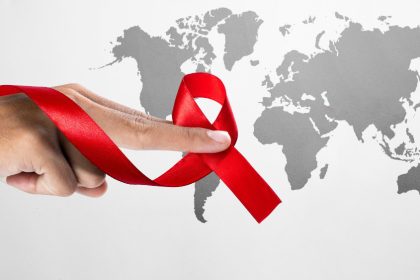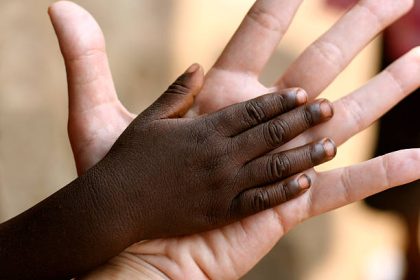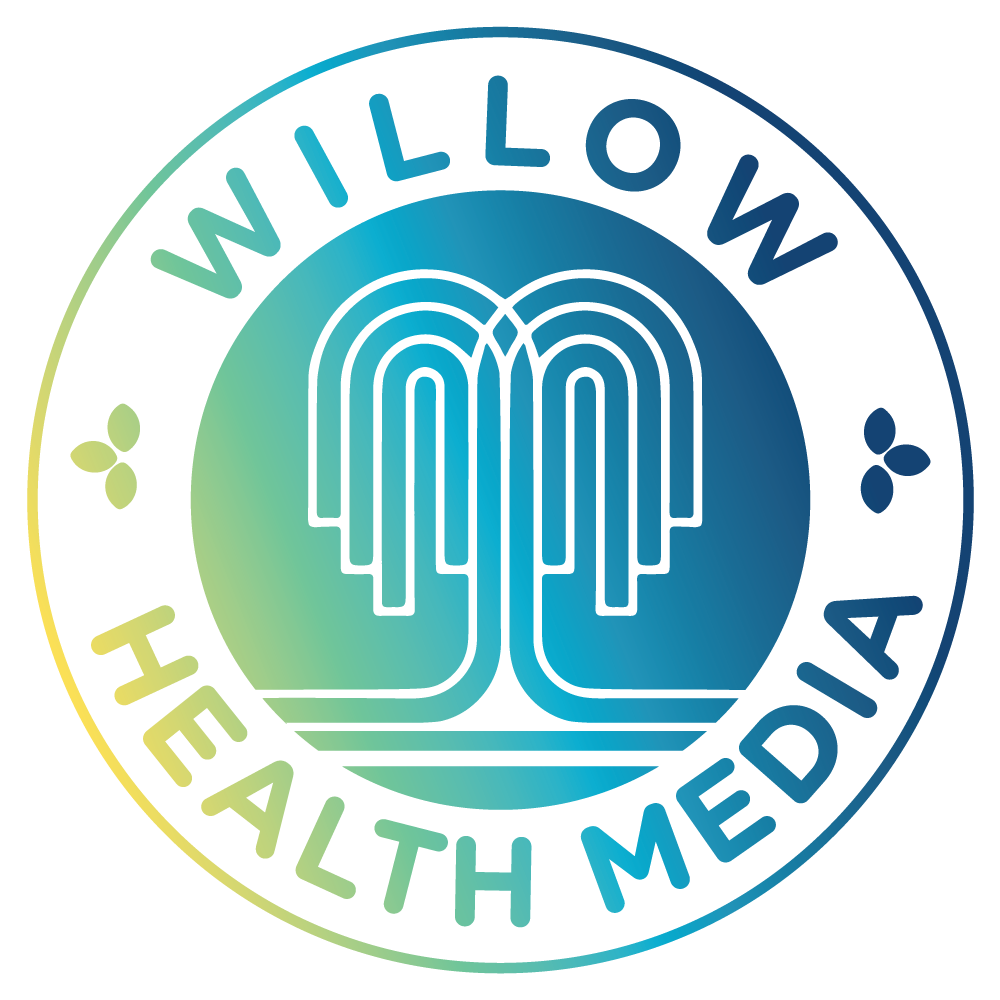Kisumu County battles Kenya’s second-highest HIV rate: 116,000 on treatment, 153 health facilities and 1,000 medics were all relying on USAID
Eugenie Akinyi Obumbo, a clinical officer and head of health services at the Drop-in Centre (DICE) in Kondele, Kisumu County, is one of the many local healthcare workers left reeling in shock after the abrupt halting of US foreign aid including the shutting down of USAID which supported the centre.
DICE provides critical services for key populations in Kisumu Central Sub County including People Living with HIV (PLHIV), commercial sex workers, men who have sex with men, and transgender individuals.
DICE offers HIV testing, antiretroviral therapy (ARV) care, family planning and PrEP distribution, provision of condoms and lubricants as well as cancer screening services.
Akinyi had ambitious plans aimed at improving healthcare delivery at DICE but the recent termination of numerous humanitarian and development programs across Kenya by US President Donald Trump’s new administration, has thrown the plans haywire.
A regret letter to Akinyi from her employer on February 25, 2025 informed her of “the termination of your employment with Keeping Alive Societies’ Hope (KASH), effective 10th February 2025.”
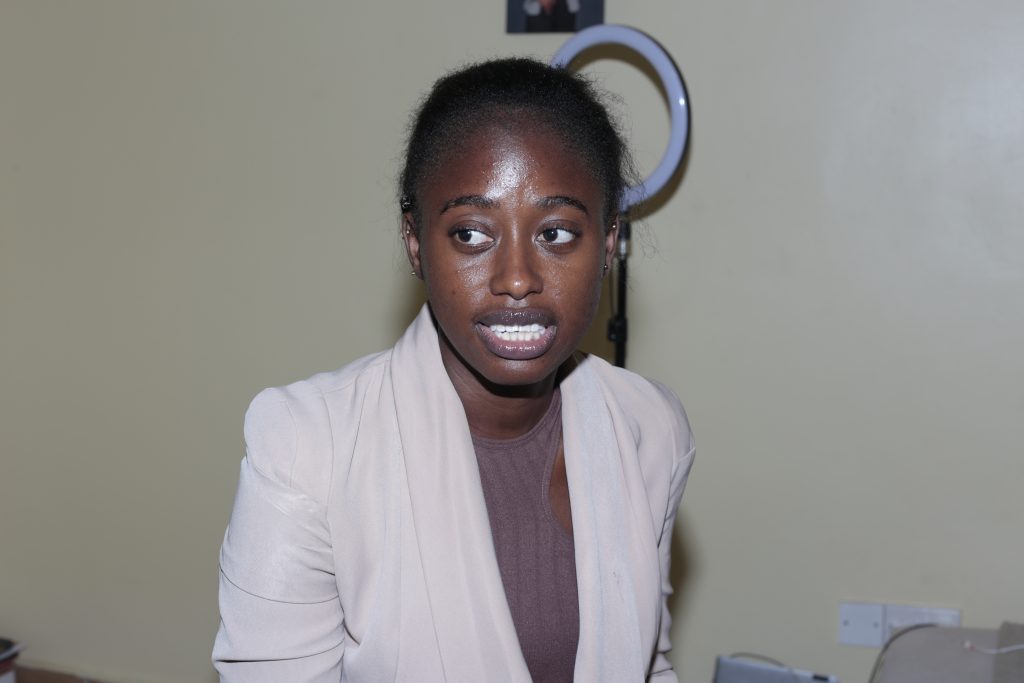
The letter from Thomas Abol, the Executive Director at KASH noted that the termination followed the end of funding from PATH-Kenya which “supported your position in the Nuru ya Mtoto project that you have been working on.”
The letter went on to say that “this decision was not a reflection of your performance but rather an outcome of the change of funding support by PATH-Kenya/USAID which is beyond our control,” the letter seen by Willow Health reads.
Akinyi, 30, recalls that the termination of employment letters “came as a big blow…a difficult pill to swallow. I’m devastated that something I had no control over led to this.”
Akinyi continues: “It’s hard to process. One day, I was working towards making a difference in my life, and then next, I’m jobless.”
The DICE Centre in Kondele was one of nine such facilities in Kisumu County supported by KASH, which relied on USAID funding.
Akinyi is now planning to return to her rural home to figure out her next move, but is concerned that the end of the programme has far-reaching repercussions as “we are likely to see a spike in new HIV infection cases, more deaths and many people falling into depression. My clients keep calling me, but I am helpless.” Akinyi explains that DICE Centre in Kondele was a safe space, supporting 2,432 female sex workers, 887 men who have sex with men, 307 transgender persons, 255 HIV clients and 377 clients initiated on PrEP.
Oduor’s landlord locked him out of his house due to unpaid rent, and is now staying with a friend
Akinyi was not alone. Her colleagues at the DICE Centre also found themselves facing the same harsh reality. Like Geoffrey Oduor, the centre’s Monitoring and Evaluation Officer who had recently relocated from Bungoma to Kisumu. The 33-year old had only worked for five months when the termination letters came calling.
“I had just enrolled my two children in some of the best private schools in Kisumu, and now, they are at home since I can’t pay their school fees,” laments Oduor. “We weren’t even paid our January salary.”
The financial impact has been severe: Oduor’s landlord locked him out of his house due to unpaid rent, and is now staying with a friend. Like Akinyi, he is considering returning to his rural village in Siaya County if he cannot secure another job.
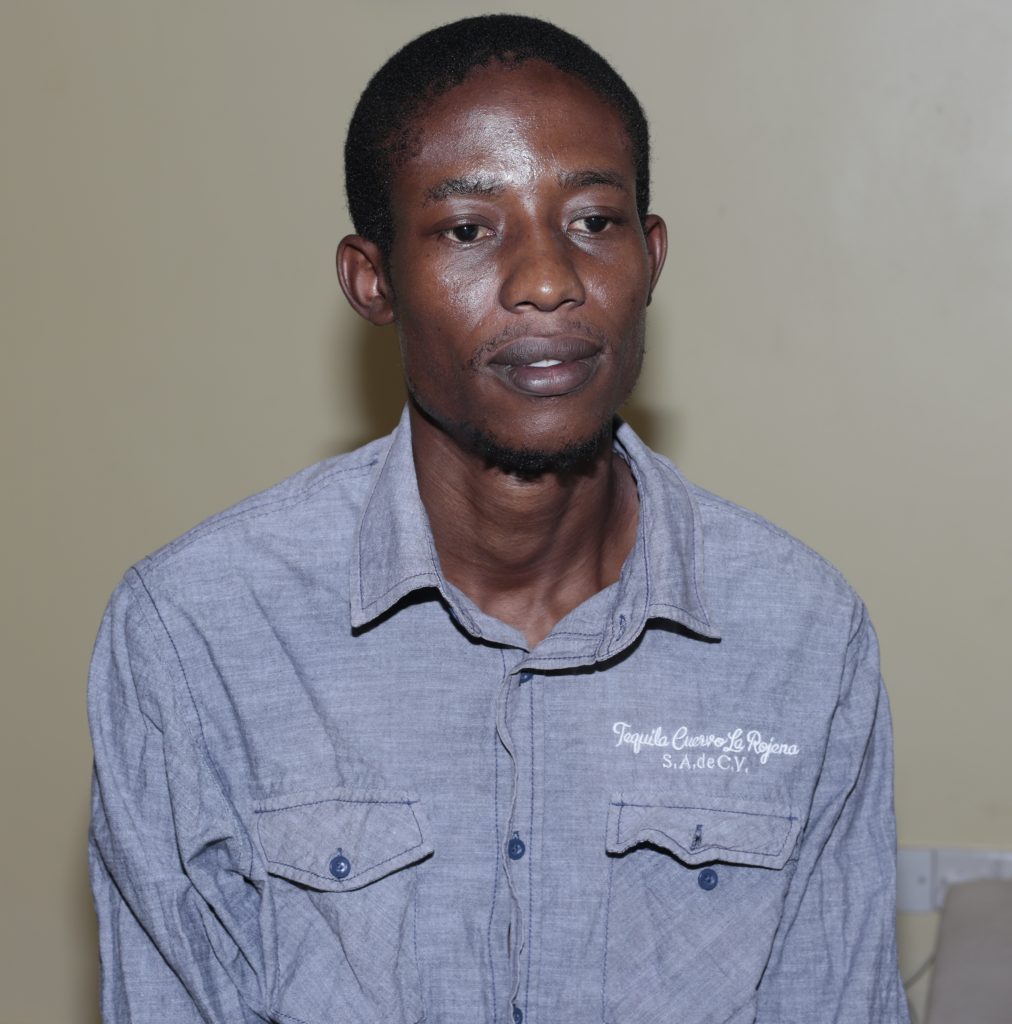
Abol, the Executive Director, told Willow Health that KASH received Ksh13 million annually to support their programmes but with the cut off in funding, 12 staffers at DICE centres were laid off alongside 62 health champions who were being paid monthly stipends.
“By the termination of our contract, 7,000 people – key populations – we supported across the county have been affected,” offers Abol. “We used to ensure those who are HIV negative remain negative and those positive, there CD4 count is maintained at the lowest levels possible so that they do not transmit to others. In the next three months, we expect a spike in new HIV cases in Kisumu County.”
On February 10, this year, Abol received a letter from the Program for Appropriate Technology in Health (PATH) Kenya Country Director, Carolyn Njuguna, notifying him that their Sub Award contract had been terminated after the shutdown of USAID.
Kisumu County has the second highest prevalence of HIV in Kenya at 14.5% against the national prevalence of 4.9%
Eunice Kinywa, the HIV and Sexually Transmitted Infections (STI) Coordinator in Kisumu County, confirmed that the closure of USAID led to the end of six key programmes including the Centre for International Health, Education, and Biosecurity-Kenya (CIHEB-K), USAID Nuru ya Mtoto, USAID 4TheChild, the Kenya Conference of Catholic Bishops (KCCB) Act and the Kenya Prisons.
Kinywa told Willow Health that “Kisumu County has the second highest prevalence of HIV in Kenya at 14.5 per cent against the national prevalence of 4.9 per cent. We have 116,000 people living with HIV who are under treatment and management of HIV in 153 health facilities, with over 1,000 medics who depend on the program for their salaries spread across public, private and mission hospitals.”
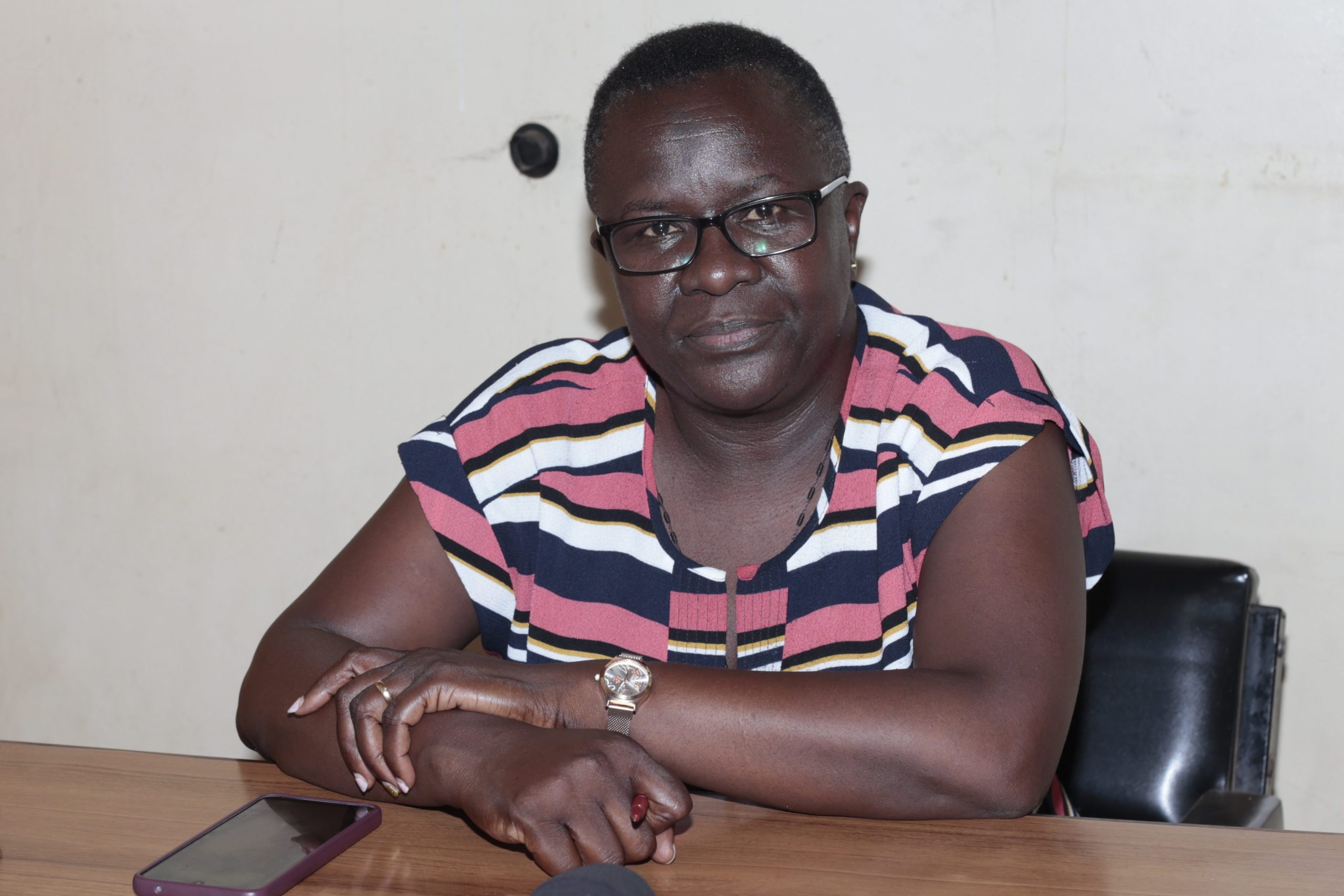
According to Kinywa, of the 153 health facilities, 106 are public, 13 faith based, 24 are private and nine are drop-in centres (Dice) for key populations.
“All the staff in USAID sites are out and the health facilities are now being run by the county government staff with an overstretched workload. We cannot employ more healthcare workers since our wage bill is already high. Those on Ciheb-K, KCCB Act and HJIFMRI-Walter Reed programmes are on the job until April 19, 2025,” said Kinywa.
“ We have negotiated with the owners of private health facilities to engage the affected staff on casual basis, serve clients who can cater for their medication and those who cannot pay be transferred to county government facilities. We have stock that can last for six months only. Let the clients come, we have their commodities in plenty.”
In Bungoma, Gladys Nabiswa, the Executive Director of Community Research in Environment and Development Initiatives (CREADIS), is also facing significant challenges after USAID funding cuts affected their HIV and Orphans and Vulnerable Children (OVC) programs.
The funding cuts have left 6,500 children from 3,000 households without critical support they have been receiving
CREADIS has supported children impacted by HIV, particularly those whose parents or siblings are HIV-positive or who are themselves under care, in partnership with Moi University School of Health Sciences since 2007.
In December, CREADIS launched the Western Kenya Sanitation Project, funded by USAID through the Research Triangle Institute (RTI), which focused on menstrual health and hygiene.
However, this program has now been halted due to the funding cuts. As a result, the organization can no longer provide vital services such as paying school fees, supplying uniforms and sanitary towels, and supporting household economic strengthening activities for caregivers.
The funding cuts have left 6,500 children from 3,000 households without the critical support they have been receiving. Eighteen staff members working on the two programmes were dismissed, and the few remaining will be forced to take a pay cut.
“We had been receiving Ksh30 million annually to cover school fees, sanitary towels for the girls, food security, and other support for families. Now, we can no longer afford these services,” Nabiswa said.
The cuts also affected community health promoters (CHPs) and health mobilizers responsible for visiting children and assessing their health status. Their stipends have been cut off, leaving many families without the essential care.
Arthur Odera, the Deputy Governor of Busia and Health CECM, explained that the county had 148 staffers under the USAID Dumisha Afya programme which focuses on HIV care. The program was temporarily halted for a few weeks, but exceptional approval was granted for staff to return to work.
“We began a process of integrating HIV care into the mainstream healthcare system because of its critical importance to the health of our people,” Odera said, adding that supply chains have returned to normal, with ART drugs and HIV test kits now available.
According to data from Aid Data Network, the US government aid to Kenya is approximately U$1.68 billion (Ksh252 billion) annually, out of which U$1 billion (Ksh129.4 billion) is direct aid.







